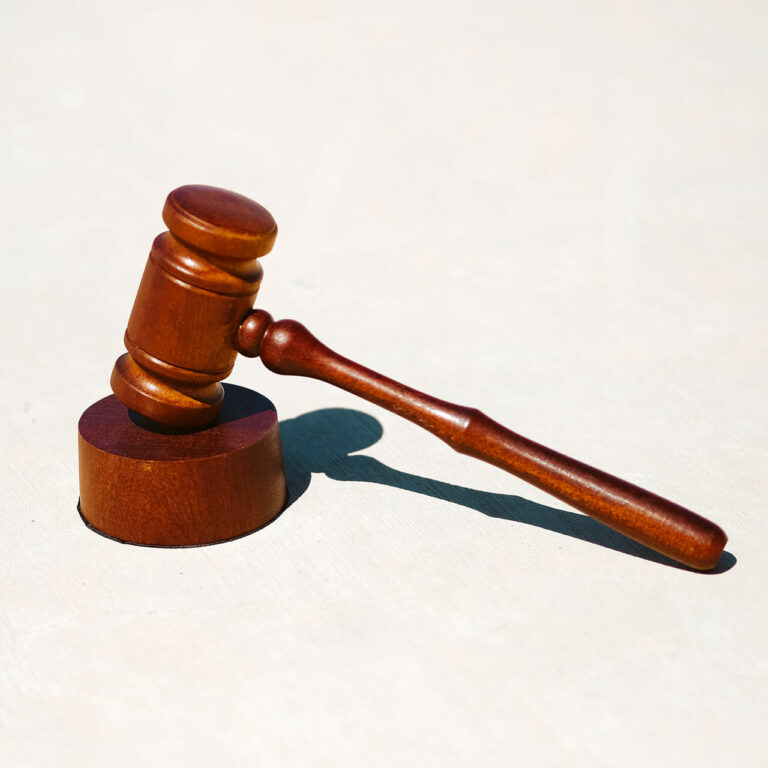A Power of Attorney is an important legal instrument for delegating authority and handling business or personal matters when you are unable to be present. However, drafting such a document requires careful consideration and expert guidance to ensure it meets strict legal requirements.
The POA should be written to clearly specify the powers granted and any limitations. It should also be signed and notarized.
General Power of Attorney
A Power of Attorney (PoA) is a legal instrument that authorizes another individual to act on your behalf. As a powerful tool, it can be used in a variety of situations, including property transactions, financial management, business operations, and legal representation. Choosing the right type of PoA and understanding the legal requirements can help you delegate authority effectively and protect your interests.
A key aspect of a Thai PoA is that it must be clear and specific about the powers granted. Ambiguity can lead to misinterpretation and misuse of the PoA, so it is important that it be drafted carefully. The document should also clearly state its duration and the process for revoking it.
PoAs are revocable at any time, but it is important to ensure that all parties involved in the transaction are informed of the revocation. It is also advisable to prepare a living will in conjunction with a PoA, which will outline your desired medical and end-of-life care should you become incapacitated. In addition, some types of PoA may require notarization or authentication by a Thailand-based notary public in Thailand or the embassy or consulate in your country of residence. These requirements can vary depending on the purpose of the PoA and the jurisdiction in which it will be used. Our team can assist with drafting and notarizing a PoA that meets local and international legal standards.
Special Power of Attorney
Regardless of whether you’re a foreign national conducting business in Thailand, or an individual wanting to protect your interests while living abroad, having a properly executed POA can be a vital tool for avoiding procedural hiccups and legal issues. Understanding the nuances and requirements of different types of POA can help ensure that your power of attorney meets legal standards and is effective in specific situations like real estate transactions and legal proceedings.
The scope of powers granted should be clearly stated in the document to prevent ambiguity or misinterpretation. This includes specifying the extent of authority, any limitations or conditions that may apply, and a process for revoking the power of attorney, if necessary. A lawyer can help draft a clear, comprehensive POA that complies with Thai law and is tailored to your specific circumstances.
Moreover, in some instances, it is required that the document be signed and notarized before it can be used in Thailand. This is especially important when dealing with government agencies and official transactions such as property sales. It can also be beneficial to have the POA registered with a government office, such as the Land Department for property matters.
Durable Power of Attorney
Power of Attorney is a useful legal tool that allows individuals to delegate authority and facilitate property transactions, business operations or healthcare decisions. However, the document must be drafted well and conform to formal and substantial requirements, in order to be accepted by authorities. Siam Legal helps foreign and Thai individuals draft and authenticate Power of Attorney documents, which comply with Thai law and are enforceable.
Whether you need a general or special PoA, our lawyers will ensure that it is clear and specific on the powers you are granting. This avoids misunderstanding and misuse of power and can protect the interests of the principal. It must also specify the duration and provide a process for revoking it. If the PoA is being used abroad, it may require certification by a notary or a Thai Embassy or Consulate.
A Power of Attorney is a valuable tool that can save time and money in various situations, such as buying or selling real estate, managing bank accounts, renewing visas or work permits or transferring ownership of property to a foreigner through the Land Department (known as Tor Dor 21). It is important to seek legal advice before drafting the document to make sure that it meets the formal and substantive requirements under Thai law.
Property Transfer Power of Attorney
When it comes to handling real estate or business transactions, legal representation or healthcare decisions, a POA offers convenience and flexibility. However, the process of drafting and executing a POA requires careful consideration of local laws and regulations. Consultation with legal experts is recommended to ensure that the instrument complies with Thai law and properly protects your interests.
A Power of Attorney (POA) is a legal document that allows one person (the Principal) to appoint another individual, known as the Attorney-in-Fact, to act on their behalf in specific situations. The scope of powers enumerated in a POA may be general or limited, depending on the circumstances and the authority granted to the agent.
For example, a foreigner may need to complete a property transfer transaction at the Land Department. Since a purchase of land and house or gifting of a condominium requires personal appearance, the Principal must assign his or her power of attorney to someone to represent him or her at the meeting. This representative will need to fill out the forms prescribed by the Land Department, namely Tor Dor 21 for land and house or Chor 21 for a condominium.
The scope of powers enumerated should be clearly defined and limited to avoid abuse. Also, a POA should be executed while the Principal is in good health and mentally capable of making decisions. Furthermore, a POA can be revoked at any time by the Principal, but the procedure must be documented and communicated to all parties.

